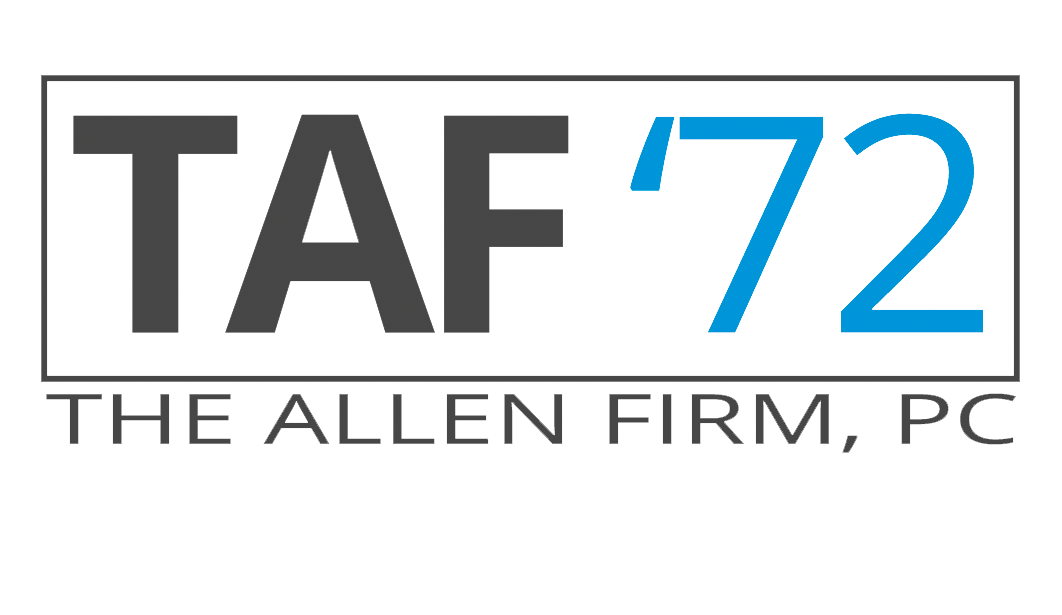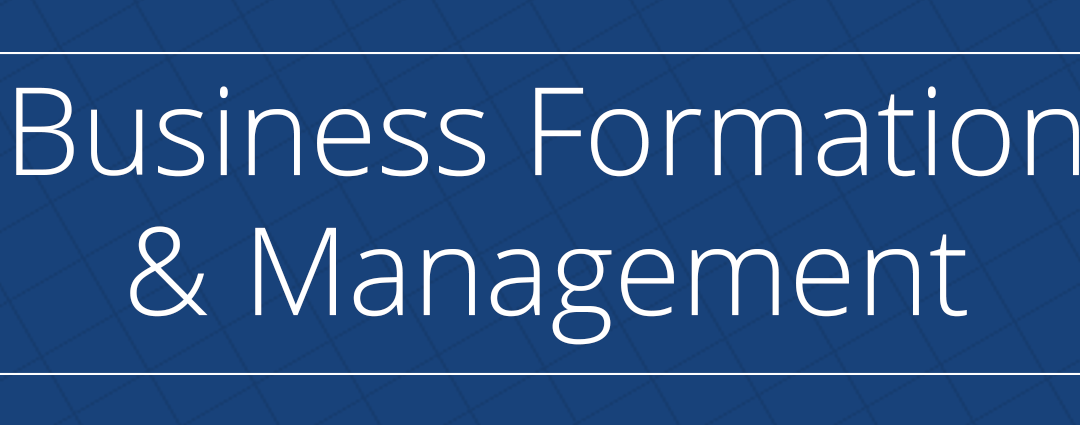Our attorney team members are often asked questions by our business clients relating to different types of insurance coverage. In response to the numerous questions, we wanted to see if we could help you and create a basic guide discussing the different type of coverage available. Hope you find it helpful. If you have any questions, please feel free to give us a call.
*Important Note* – the discussion of the different insurance coverage available is in general terms. Some of the coverage discussed may only be obtained by particular endorsements to the policies. For specific questions regarding your coverage and endorsements, you will need to speak with your insurance agent.
1) PROPERTY DAMAGE
If you are launching a new enterprise or have an existing business operation, you should have in place business property insurance (“BPI”) (sometimes referred to as commercial property insurance).
BPI policy coverage varies, depending on the insurance company and the coverage you select but most BPI protects your real estate and non-real estate items (such as inventory, computers, equipment, furnishings and other personal property), against loss or damage caused by theft, vandalism, fire, wind/hail, natural disaster, accidental damage or some other means. The policy typically covers your costs to replace or repair the property and, in some instances, compensates you for items that cannot be replaced. One other type of coverage generally associated with BPI is called business income/business interruption coverage. This may be an essential coverage for your business in the event you are forced to cease business operations temporarily so be sure to discuss this with you insurance agent.
Companies frequently purchase BPI as a part of a Business Owner’s Policy, which offers a way for companies to purchase two of the most valuable types of insurance: business property insurance and commercial general liability insurance (see details on general liability insurance below) in a single, affordable package. If you do not own the building where you do business, the BPI will provide a good method of protecting your investment in the non-real estate items (such as inventory, computers, equipment, furnishings and other personal property).
*Property Damage: Replacement Cost v. Actual Cash Value
The cost of the BPI (the “premium”) will vary depending on whether the BPI covers replacement cost or actual cash value (“ACV”). A replacement-cost policy ensures that your settlement is based on what you will have to spend to replace the items at current market prices, while an ACV policy reimburses you for the property’s depreciated value. Be very careful here as this is a really important distinction. In our experience, it is far better to have a replacement cost policy; however, the premiums are typically higher because they allow you to replace all damaged property with new items. Replacement-cost policies will allow your business to recover more quickly from a loss. Also, if you are leasing any equipment, your leaseholder may insist the equipment be insured for its replacement value.
As mentioned above, ACV reimburses you for your property’s depreciated value -for example, if your roof is 15 years old then you will be paid for the value of a 15 year old roof, instead of the value of a newly constructed roof, so, you may be required to spend a considerable amount of money out of pocket to have a new roof installed. On the other hand, if you are in a situation where your business owns equipment, and you could easily replace damaged equipment with comparable used goods for the depreciated market value, an ACV policy’s lower premium would be more cost-effective.
2) GENERAL LIABILITY
Commercial General Liability (“CGL”) insurance protects business owners against claims of liability for bodily injury, property damage, and personal and advertising injury (slander and false advertising). Basically, it protects against lawsuits and claims by a third party against the named policyholder, which should be your business and the owners.
- Premises and Operations coverage is normally a part of a CGL and it insures the policyholder against bodily injury or property damage claims arising from your premises or as a result of your business operations.
- Products and Completed Operations coverage is normally part of a CGL and it insures the policyholder against bodily injury and property damage claims arising away from your business premises and is caused by your products or completed work. These are very common for businesses involved in selling a good or product or manufacturing a product.
It is important to know that CGL policies often contain several exclusions. Below, you will find some examples of exclusions commonly contained in a CGL policy. The actual coverage scope of a CGL varies Coverage by the insurance company so be sure to carefully review your policy and any endorsements to know exactly what your policy does and does not cover.
General Liability Exclusion: Damage to Your Work
Generally, CGL policies exclude coverage for property damage to your work (see Example No. 1 below). There is an exception to the exclusion for damaged work if a subcontractor working for you caused the damage (see Example No. 2 below).
- Example 1: You own a homebuilding business that recently constructed a new residence with a garage. After the home is sold and the homeowner moves in and parks her vehicle in the garage, the roof on the garage collapses because of faulty construction. The collapsed roof damages the homeowner’s vehicle. The policy may provide coverage for the repair or replacement of the vehicle but may not pay to repair the collapsed roof because the roof is your work. (example obtained from www.businessinsurancenow.com)
- Example 2: The situation is the same as in Example 1, except the work to construct the roof was performed by subcontractors working on your behalf. The policy may cover the damage to the vehicle and also may pay to repair or replace the roof constructed by your subcontractor. (example obtained from www.businessinsurancenow.com)
General Liability Exclusion: Damage to Your Product
CGL policies do not cover property damage to your product arising out of the product or any part of the product.
- Example: If you install a propane-powered appliance that malfunctions and causes a fire that damages a home, your CGL policy may pay to repair the home. It will not pay to repair or replace the appliance if the malfunction was caused because the appliance was faulty. (example obtained from www.businessinsurancenow.com)
General Liability Exclusion: Contractual Liability
CGL policies exclude coverage for bodily injury or property damage that you are obligated to pay because you assumed liability in a contract/agreement. The exclusion contains the following two exceptions:
-Exception 1: Liability for damages that you would have assumed in the absence of the contract/agreement; and
-Exception 2: Liability assumed in a contract/agreement which defined in the policy as an “insured contract”, if the bodily injury or property damage occurs after the contract/agreement is executed.
*Example 1: You sign a contract to complete the construction of a building within a specified amount of time. The contract requires you to pay damages if you breach the contract. Your CGL policy will not provide coverage for any damages you have to pay because you failed to meet the deadline. (example obtained from www.businessinsurancenow.com)
*Example 2: You sign a contract to hold harmless and indemnify another party for the other party’s negligence if that negligence results in bodily injury or property damage. Your CGL policy may provide coverage to indemnify the other party depending on the wording of the indemnity agreement.
(example obtained from www.businessinsurancenow.com)
General Liability Exclusion: Recall of Products, Work, or Impaired Property
CGL policies will not pay the cost to recall faulty products, work, or impaired property. However, this coverage may be added to the policy by endorsement for an additional premium charge.
General Liability Exclusion: Workers’ Compensation and Employer’s Liability
CGL policies are not intended to provide coverage for workers’ compensation or employer’s liability. This exclusion prohibits such coverage.
– The Business Team
Scott | Josh | Jeremy
The Allen Firm, PC
181 S. Graham Street | Stephenville, Texas 76401
Ph: 254.965.3185 | Fax: 254.965.6539

